Zen Master Thich Nhat Hanh teaches us about reaching the ultimate dimension. The ultimate dimension distinguished from the historical dimension of ordinary life.
In ordinary life, we have pain. We have suffering. We have conflict. We have war. We have arguments. We strive for wealth, technology, sex, and power. We lose site of what we really are.
The ultimate dimension is also called nirvana, the “Pure Land,” or the “Kingdom of God.” Thay, as Thich Nhat Hanh is know by his followers, says,
The greatest relief is possible only when you touch nirvana. Nirvana means the ultimate dimension of our being, in which there is no birth, no death, no being, no non-being. All these notions are entirely removed. That is why nirvana means “extinction”—the extinction of all notions and concepts, and also the extinction of all suffering that is born from these concepts, like fear, like worries.
 |
||
|---|---|---|
|
||
So, it looks like we have a slight disagreement between Thay and Nagarjuna through Koyko Henkel. Nagarjuna is telling us that we need to be completely grounded in the historical dimension (i. e., conventional truth) to realize the truth of the ultimate dimension. Thay is saying that we can recognize the ultimate truth when we touch nirvana, and we can do this by living peacefully in the present moment.
In other words, nirvana, the “kingdom of God,” the “Pure Land” can be accessed right here, right now. We just have to drop our notions and we will experience the ultimate truth.
What is your opinion of the difference between Thay’s teaching and that of Koyko Henkel?
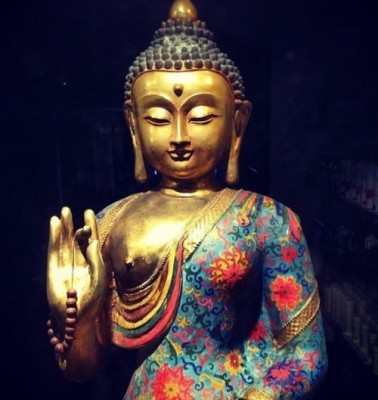




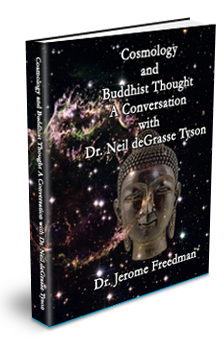

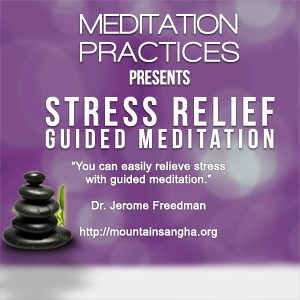

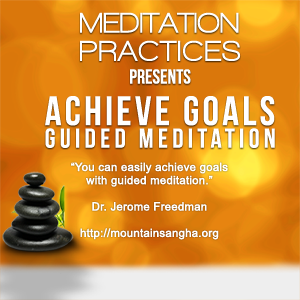
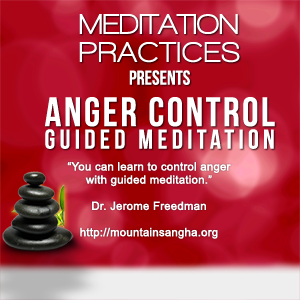

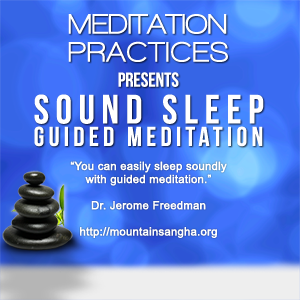

You must be logged in to post a comment.